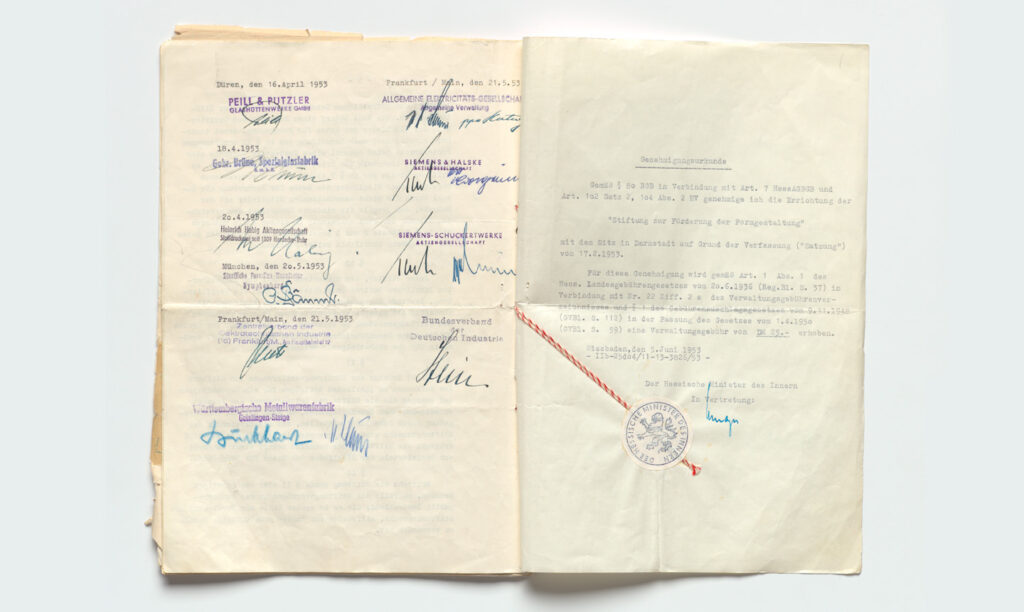The “Third German Design Debate” succeeded in bringing together different perspectives, approaches and generations in a highly concentrated programme: All speakers raised questions, formulated theses, created contradictions and opened up new perspectives that provided impulses for all players in the design and culture scene. Under the motto “Creating Community”, the debate in Frankfurt’s Paulskirche focussed on nothing less than the future of design. In the place where the cradle of German democracy once stood, it was all about de-colonisation, participation, sustainability and the circular economy. Of course, the big question in the background was: What contribution can design make to a better world?
By Oliver Herwig

David Kusuma, President of the World Design Organisation (WDO), was visibly surprised to be speaking about design in a church – he had never given a speech in a place like this before. He went far beyond generalisations and identified a dilemma: although design has the power to improve the quality of life worldwide, it is not sufficiently recognised, let alone understood, by political decision-makers. Design policy will therefore play a decisive role in the future.




The Young Designers Circle – an international network of young designers from the WDO that pools the creativity and ambitions of the next generation of designers – represented by Kimia Amir-Moazami, Muhammed Khan and Pedro Sáez Martínez, focussed on the power of participation using concrete example projects such as “Not There Yet”. The feisty Italian Francesca Bria, advisor to the EU, called for more speed in the digital transformation in Germany. In her grassroots approach, art, ecology and democracy go hand in hand, fuelled by the raw material of the 21st century: data as the commons.
Sunny Dolat, fashion curator and cultural producer, who co-founded the multidisciplinary Kenyan group ‘Nest Collective’ in 2012, brought a new perspective: Design as a means of reclaiming stolen and suppressed (African) identities. Hartmut Esslinger used his contribution for a general reckoning with design education in Germany, and star designer John Maeda confronted what is probably the greatest challenge in contemporary design: AI. Is it a threat to human creativity or a useful tool? Kate Crawford, senior scientist at Microsoft Research, agreed – with a twist: artificial intelligence is a fundamental upheaval in our culture, comparable only to the invention of photography or the discovery of central perspective in Renaissance painting.

In his introduction, Mike Richter, President of the German Design Council, and Donald Norman had already emphasised the role of designers as part of the problem and part of the solution. Transforming this ambivalence completely into creative energy and real change will be the task of the future. This, in turn, was entirely in the spirit of Lutz Dietzold, CEO of the German Design Council, who emphasised the overall social role of design in general and this institution in particular in his opening statement. He called on politicians to create and shape the framework conditions.
You can find the entire text by Oliver Herwig on the “Third German Design Debate” here.

More on ndion
Discover more articles on the topic of design.
Share this page on social media:

